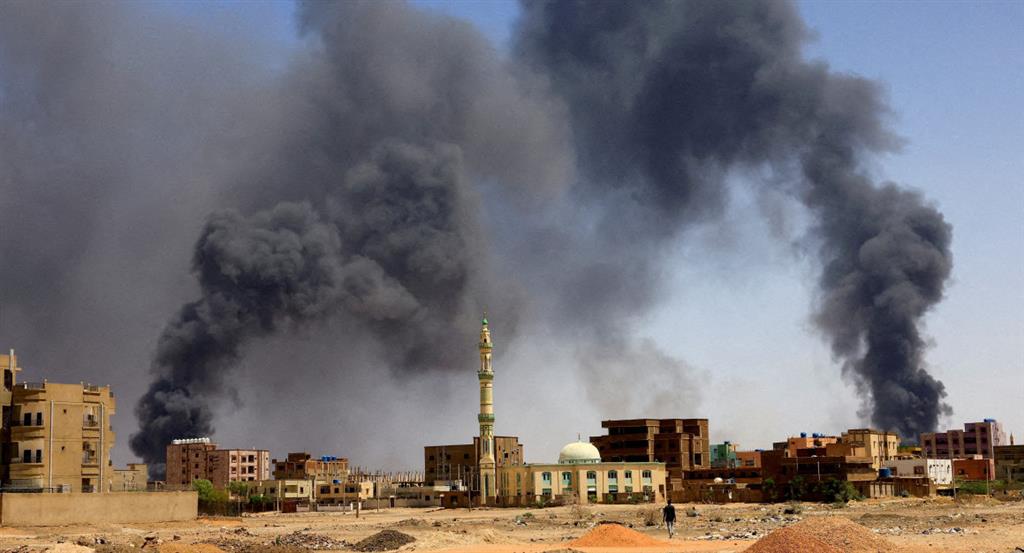People have witnessed their loved ones gunned down. Women and girls have been sexually assaulted.
Families have seen their possessions looted and their homes burnt to the ground.
People are dying because they cannot access health care services and medicine.
This fighting “has resulted in thousands of deaths, the destruction of family homes, schools, hospitals and other essential services, massive displacement, as well as sexual violence, acts that may constitute war crimes”.
More than 4.3 million people have been forced to flee since April 15, when hostilities began between the Sudanese army and the paramilitary Rapid Reaction Forces, William Spindler, spokesman for the UN Refugee Agency (UNHCR), said.
During this time, over 900,000 refugees and asylum seekers fled to neighboring countries and 195,000 South Sudanese were forced to leave the country.
More than 3.2 million people have been internally displaced, including more than 187,000 refugees who were already living in the country at the beginning of the crisis, according to other UNHCR estimates.
About 67% of hospitals in the affected areas are out of service, denying health access to tens of thousands of people, the World Health Organization said.
World Health Organization (WHO) spokeswoman Dr. Margaret Harris warned of difficulties in controlling ongoing outbreaks of measles, malaria and dengue fever.
pll/arm/ro/eb









